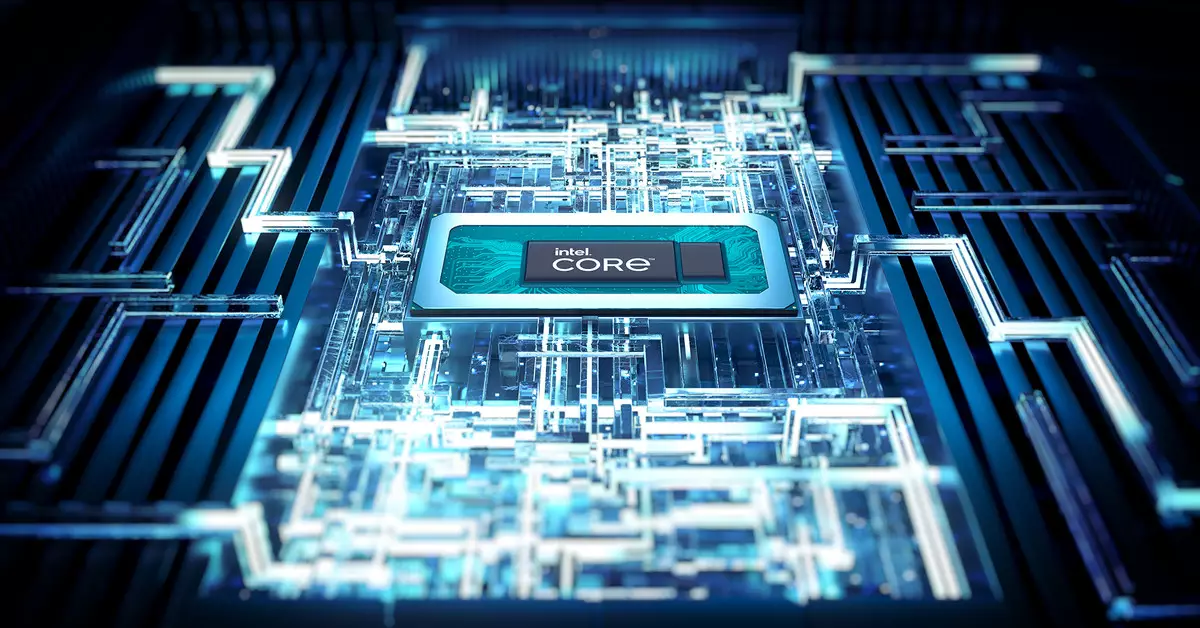The ongoing question of whether Intel’s laptop chips are susceptible to the same permanent damage as some desktop chips has been a hot topic for several months. The issue at hand, known as “Vmin Shift Instability,” has raised concerns about the stability and reliability of Intel’s processors. After much speculation and testing, Intel has finally confirmed the status of its 13th and 14th Gen laptop chips.
In a recent statement, Intel spokesperson Thomas Hannaford reassured consumers that the 13th and 14th Gen mobile chips are not affected by the Vmin Shift Instability issue. He emphasized that these laptop chips are not impacted at all, providing a sense of relief for users who were concerned about potential instability and crashes.
Intel has provided a list of unaffected products, including:
– 12th Gen Intel Core desktop and mobile processors
– Intel Core 13th and 14th Gen i5 (non-K) & i3 desktop processors
– Intel Core 13th and 14th Gen mobile processors (including HX-series processors)
– Intel Xeon processors (server and workstation processors)
– Intel Core Ultra (Series 1) processors
While most Intel Core 13th and 14th Gen desktop processors are not impacted by the Vmin Shift Instability issue, Intel recommends that users ensure their systems are running the latest BIOS version. By following Intel’s Compatibility Tool and guidance from motherboard manufacturers, users can minimize the risk of encountering issues related to Vmin Shift Instability.
Intel has reassured consumers that future chip releases, such as those on the Arrow Lake and Lunar Lake architectures, will not be affected by the Vmin Shift Instability issue. The company is committed to ensuring the stability and reliability of its upcoming product families.
For users who have experienced damage to their i9, i7, or K-series i5 desktop CPUs, Intel offers a two-year warranty extension to address the Vmin Shift Instability issue. If your CPU is already damaged, it is essential to contact Intel or your PC builder promptly for a replacement. Most PC makers have confirmed that they will honor the warranty extension, providing peace of mind for affected users.
Intel’s confirmation that its 13th and 14th Gen laptop chips are unaffected by the Vmin Shift Instability issue is a significant development for consumers. By staying up to date with BIOS updates and following Intel’s recommendations, users can ensure the stability and reliability of their systems. Additionally, Intel’s commitment to protecting future product families from similar issues demonstrates its dedication to delivering high-quality processors to the market.

